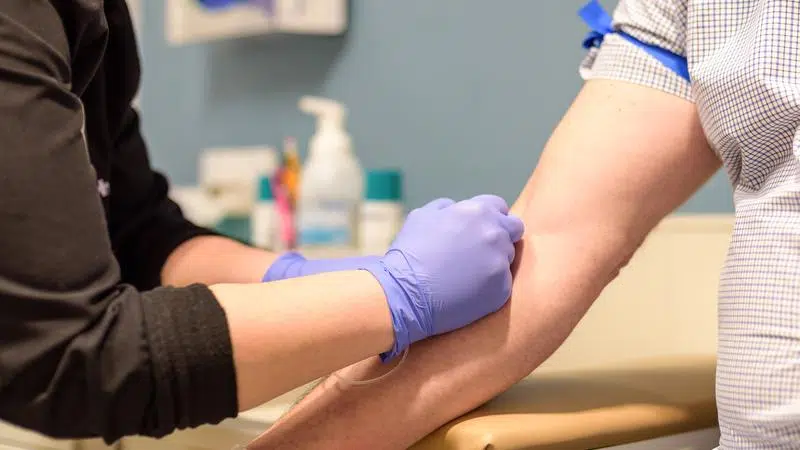
HIV outbreak declared for North Battleford, syphilis outbreak for region
An HIV outbreak has been declared for North Battleford and a syphilis outbreak for the Battlefords and Lloydminster area due to a rising number of cases in recent months.
The Saskatchewan Health Authority (SHA) said the HIV outbreak is primarily among those who inject drugs and share needles. HIV can, however, be spread from person to person through unprotected sex.
Syphilis is a sexually transmitted infection (STI) that is spread through contact with a syphilis sore.
In North Battleford, between 2013 and 2018, an average of four new HIV cases were reported annually. From January to the end of May 2019, 15 new cases were reported.


